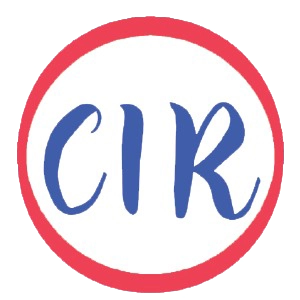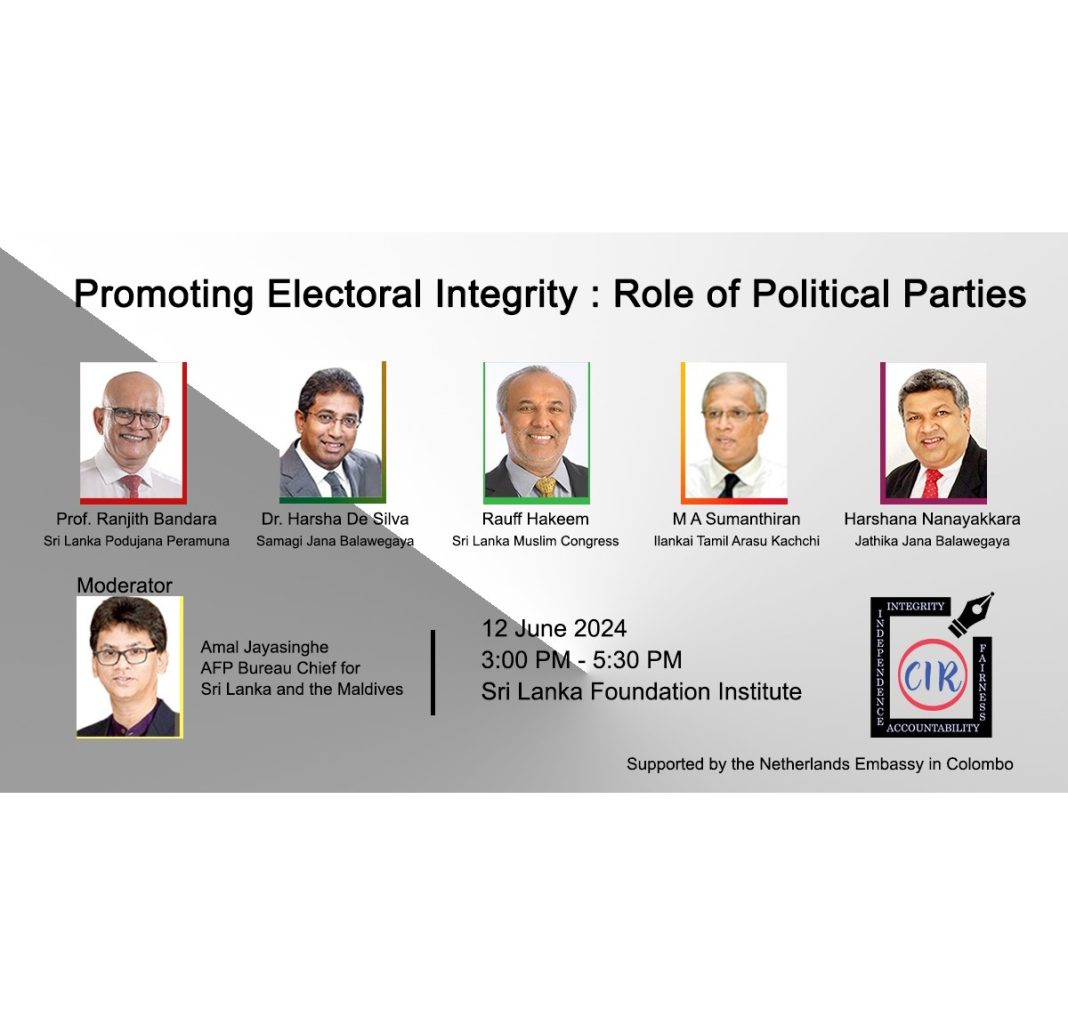Call for Applications
For women everywhere, the cost of doing politics is steep. The existing challenges have increased with the tide of online violence targeting women in politics, leaving women politicians to battle a toxic internet while competing for a slot in mainstream politics.
Online violence targeting women is intentional and a political tactic of anti-democratic forces in their effort to deliberately reduce the numbers of politically active women and to restrict the diversity of their voices. It is an attempt to make women invisible as well as the issues they want to address.
While technology has reshaped democracy and expanded opportunities for greater participation, digital dictatorships are on the rise and there are serious attempts to silence, censor, and reduce the voices of women in politics and create conditions to reduce their engagement in politics.
More and more women politicians are forced to deal with a toxic internet and are feeling discouraged and violated. While online gender-based violence and hate pose significant threats to women in politics, the harmful impacts are not restricted to the women but also extend to their loved ones. Increasing online violence and hate impact those already in active politics and aspiring women politicians, effectively discouraging both entry and continuity in politics.
Despite positive global developments to increase women’s participation in politics and improve representation, women remain a marginalized minority in politics. Political disinformation/ hate campaigns play a huge role in driving women away from politics and offline, as they encounter a toxic, discriminatory and judgmental internet. The social media platforms often are spaces for sexism and misogyny than inclusion and diversity. These traits become more pronounced during election time, with tech platforms becoming engines of disinformation, hate and gender-based violence where women are discredited, and their role/s and contributions are undermined.
The Center for Investigative reporting (CIR) is now offering a cutting-edge training opportunity for a highly motivated cohort of women journalists (and those identifying with sexual and/or gender minorities) working in Sri Lanka interested in deep diving into the increasing challenge of women in politics as they become targets of threats, harassment, hate speech, and other forms of violence online.
Women journalists (and those identifying with sexual and/or gender minorities) experienced in reporting on politics, governance and human rights with a keenness to explore the impact of online violence and hate targeting women in politics are encouraged to submit their applications for CIR’s latest training and journalism fellowship initiative titled “Digital Dictatorship, Online Threats, and Women’s Political Representation”.
Those interested should submit their duly completed applications together with not less than five work samples on or before 31 May 2024.
Successful candidates will join a two-day residential training scheduled for 8-9 June 2024 in Kalutara and the best story ideas up to five shall qualify for CIR Reporting Fellowships.
Applications –https://docs.google.com/forms/d/e/1FAIpQLSdQu2PvbPsonNydcHqllvbwI1u76eY3hYq8vpgIKPpL1fvcZA/viewform?usp=sf_link




